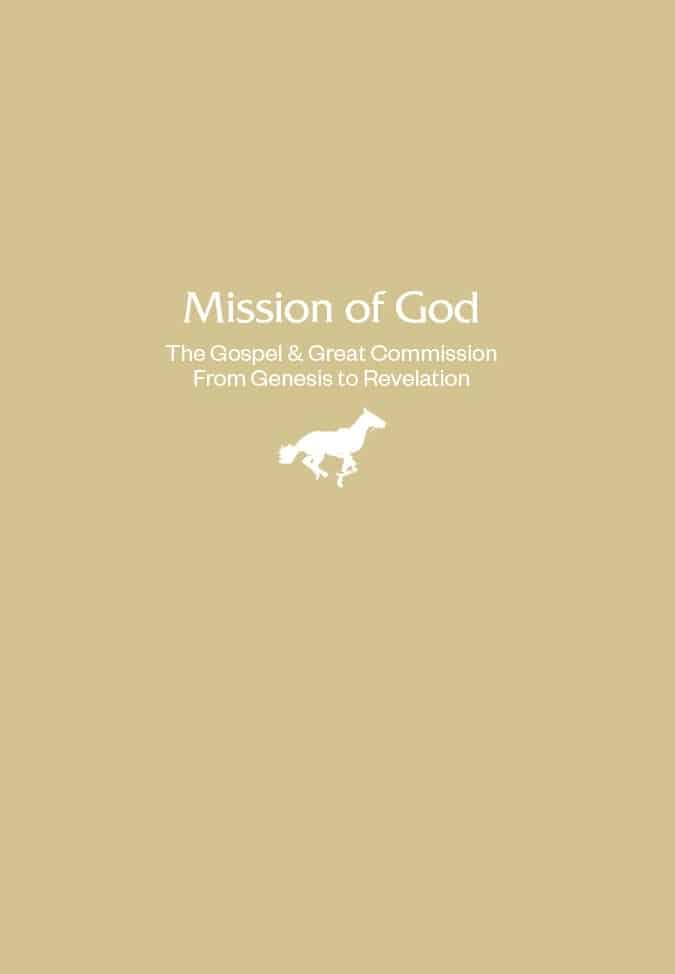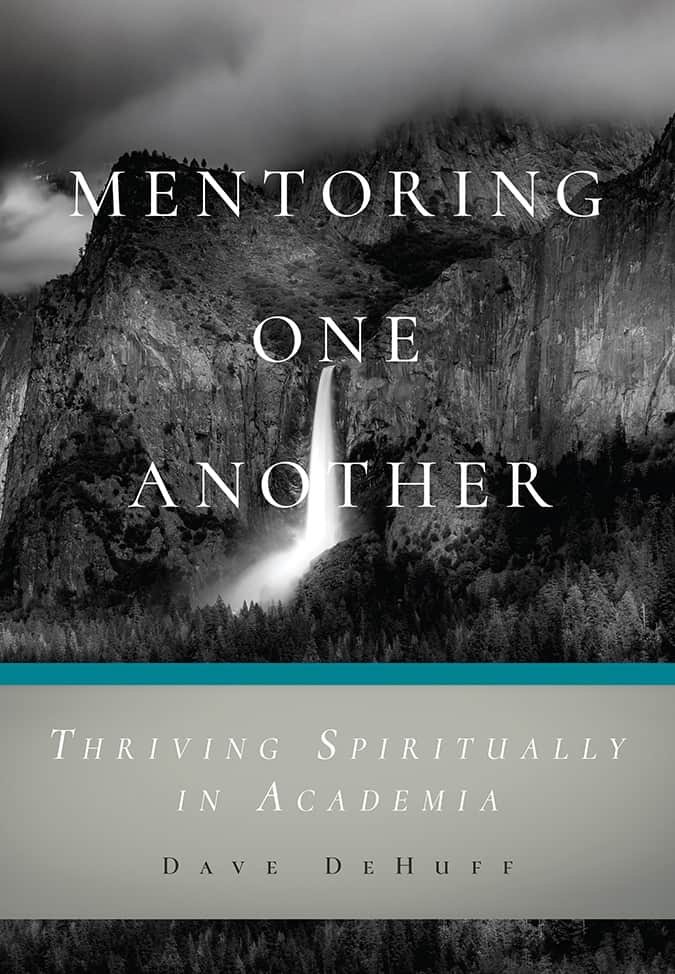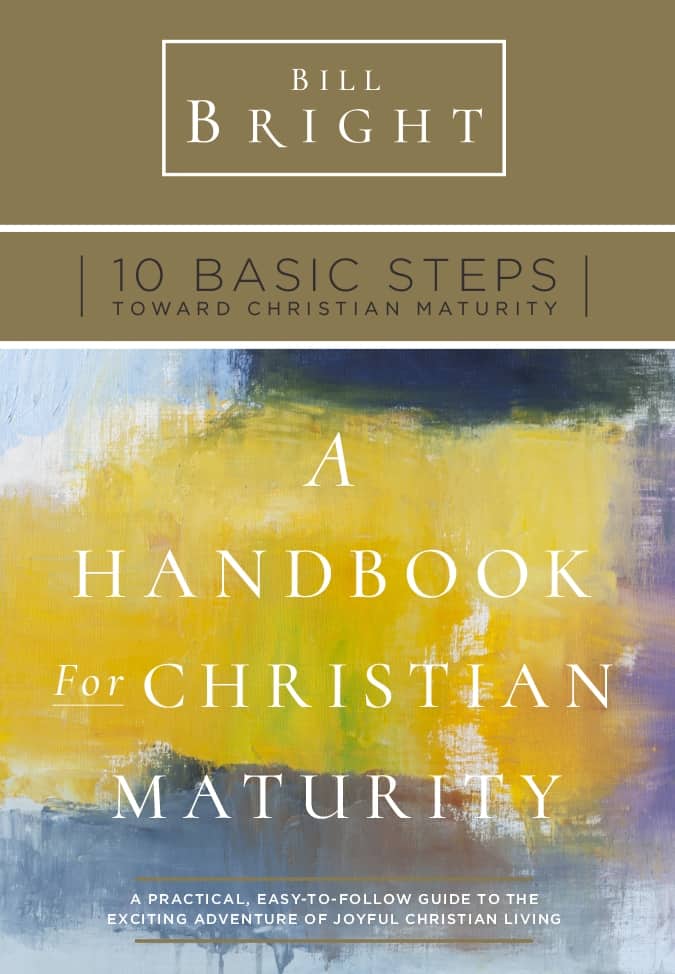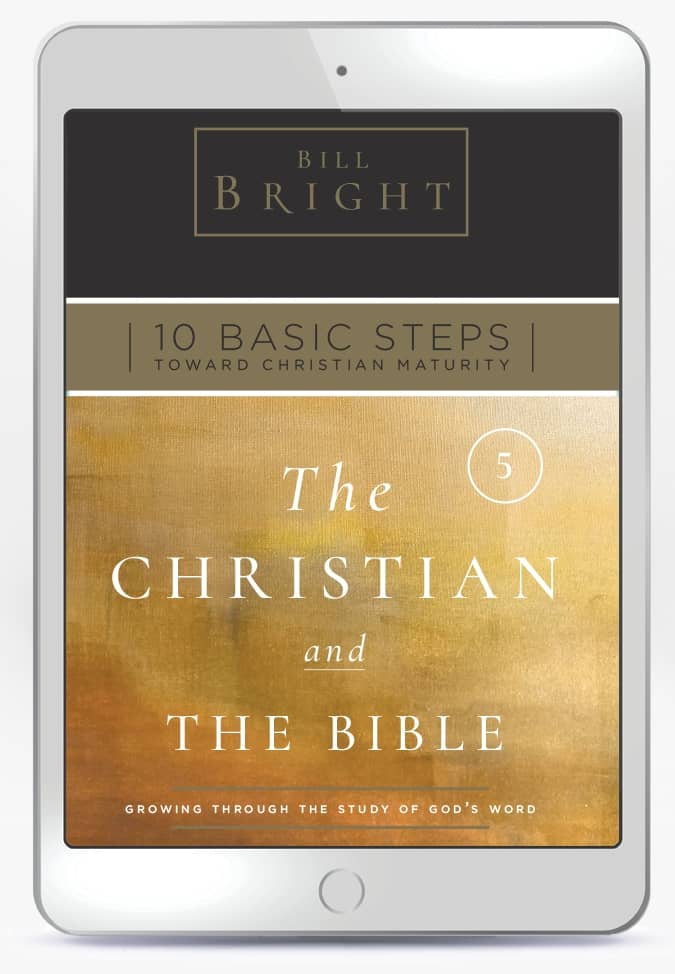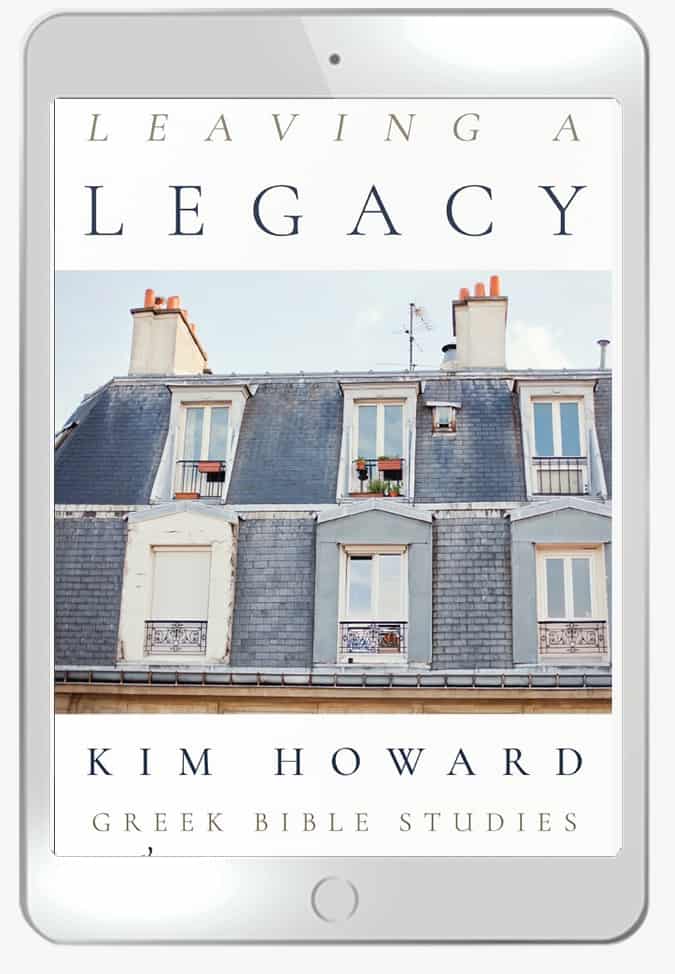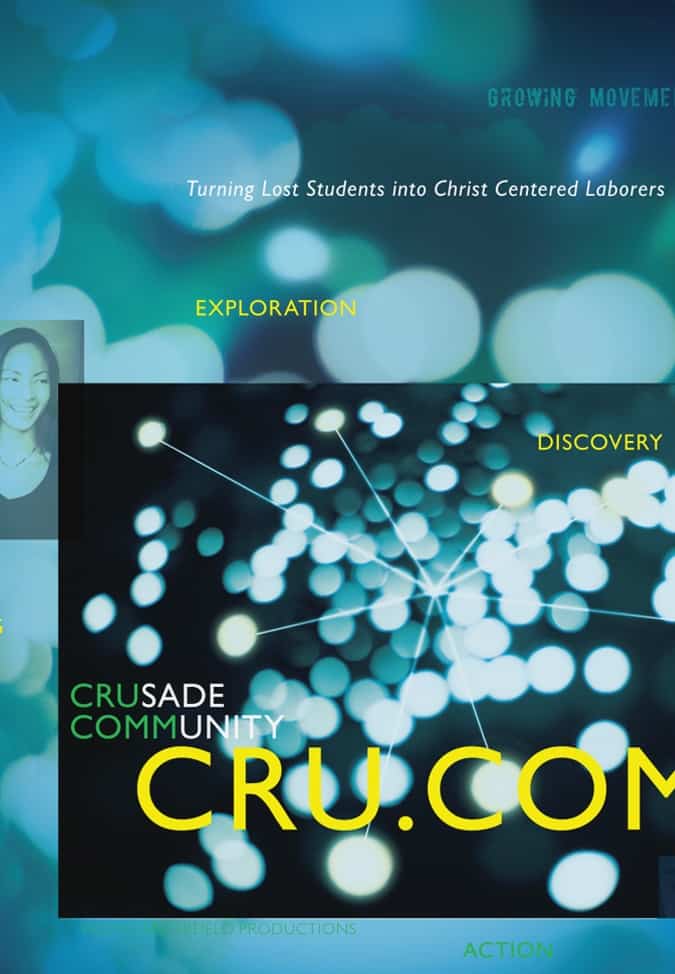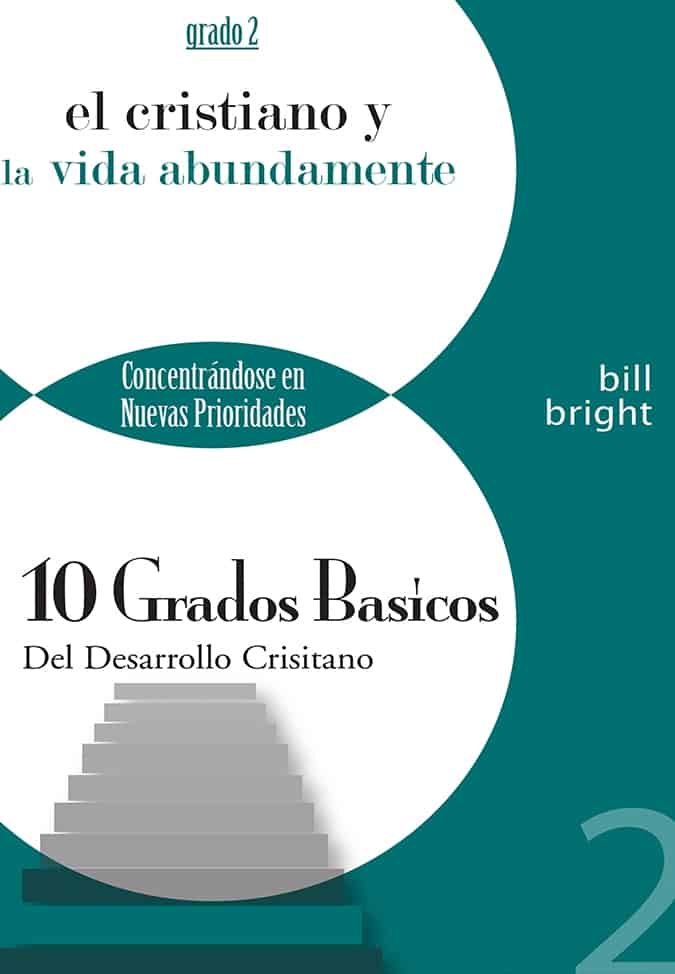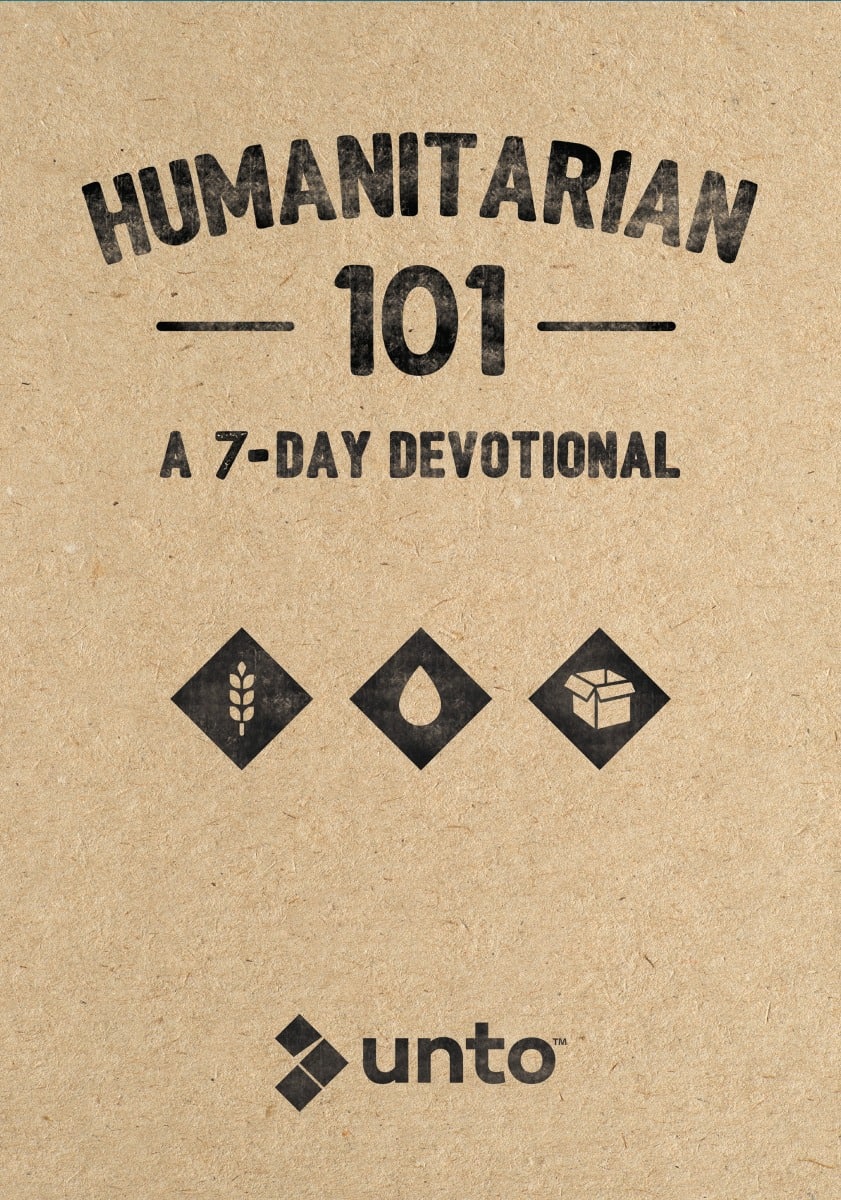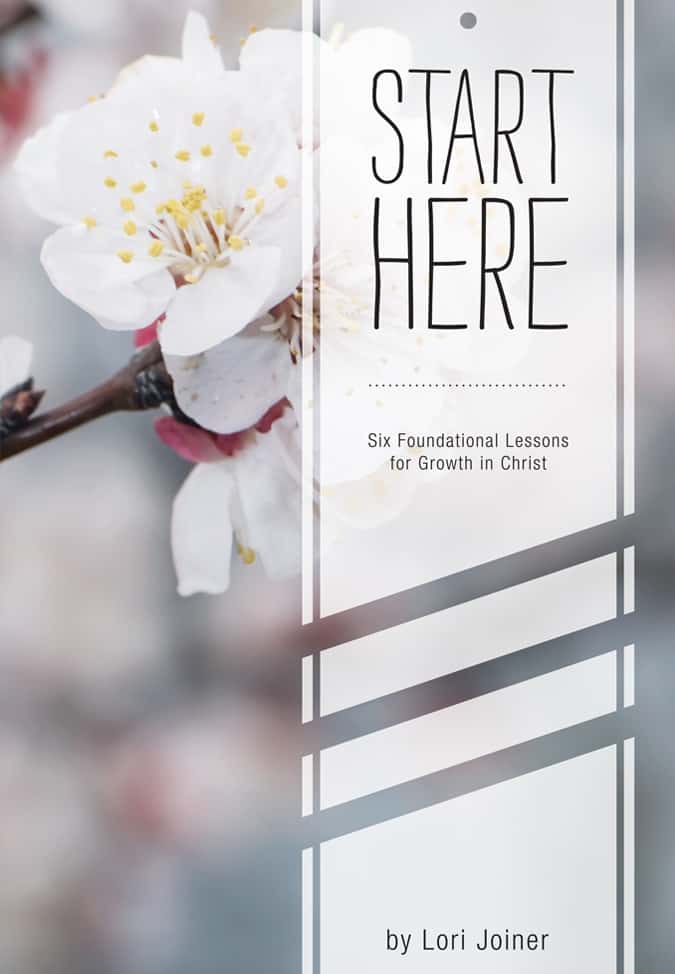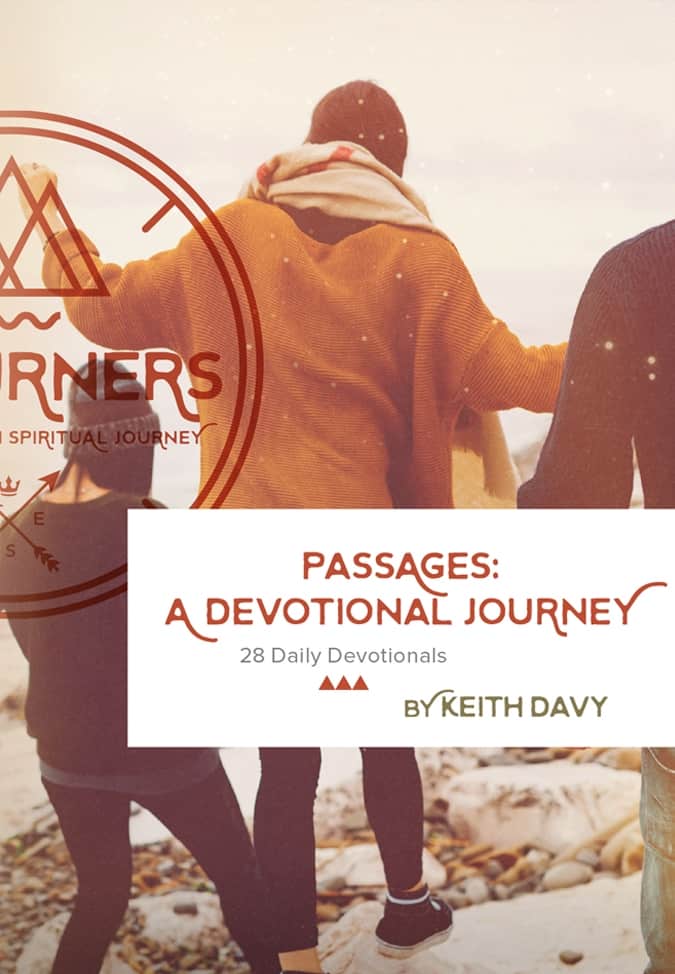The Heart of Justice

Leader’s Guide
What’s the Big Picture?
God steps into a broken world of injustice by telling His redeemed people how to do justice. As Christians do justice, we foreshadow the return of godly justice that is to come.
What’s the Problem?
As Christians, we often get so caught up in the practice of obeying God’s commandments that we forget why they exist. We create our own rules and standards by which we judge others and their faithfulness to the gospel. We may pray and go to church and Bible study, but all the while, our hearts are judgmental and bitter.
What’s the Big Idea?
God’s principle charge against the people of Israel is that though they have maintained religious practices, they have forsaken the truth of God’s ways. God calls us to keep His commands but not neglect the weightier matters of the law: justice, mercy and faith. A right relationship with God means keeping His commands and seeking justice and love. Here, we focus on what it means to do justice.
What Do I Need to Know About the Passage?
Context: Micah, Amos and Isaiah were prophets of God during tumultuous times in the history of Israel. Israel had major political troubles largely due to its drifting from God’s will. God sent prophets to awaken Israel to its sins.
Amos 5:18-24: God makes it exceedingly clear: He is tired of the people’s religious ceremonies — their offerings and even their worship songs — because they have neglected justice and righteousness.
Micah 6:6-8: Again, God explains that He does not desire religious ceremonialism from His people. Instead, He desires three simple things: for His people to do justice, love kindness and to walk humbly with God.
Isaiah 58:1-7: The people complain that despite their fasting, God does not answer. God replies to their indictment by exposing the vanity of their fasts. They demonstrate an outward display of humility, bowing their hands and spreading sackcloth and ashes. Yet, on the days that they fast, they oppress their workers, and they quarrel and fight. God then describes what a real fast should produce: the removal of oppression and the sharing of one’s possessions with the needy.
God’s call to the people is comprehensive. Isaiah 58:6 paints the picture of a total eradication of oppression. It uses the metaphor of an ox bound in a yoke and driven to the ground by its labor. The actor here loosens its bonds, undoes the yoke strap and lets the animal go free. But God says to go one step further and destroy the yoke. This is a powerful metaphor for what God says a proper fast should inspire: freeing the oppressed and eradicating the sources of oppression.
Isaiah 58:8-12: God says that only when the people of Israel pour themselves out for the hungry and the afflicted will He answer their prayers. God promises to guide them and make them strong, but He reiterates that they must first remove the yoke, stop pointing the finger and stop speaking wickedness. Then, they will be righteous, and their “light shall break forth like the dawn” (English Standard Version).
Bible Study
Launch Questions
1. Listen to “Instead of a Show” by Jon Foreman and discuss your reactions.
2. Have you ever passed by people in need (homeless, poor, etc.) while you were on your way to do something “spiritual” (e.g., sharing the gospel, going to church)? Why do we do that?
Explore Questions
Background: These passages occur during tumultuous times in Israel’s political history, and Israel’s political troubles are largely due to its drifting from God’s will. God sends prophets to awaken Israel to its sins.
Read Amos 5:21-24.3. How might you update these verses to contemporary language? What are today’s “burnt offerings,” “feasts,” “solemn assemblies” and “songs” and “melody of your harps” (ESV)?
4. Why would God say these things to the people of Israel?
5. Are we guilty of the same things?
Read Micah 6:6-8.6. How is this passage similar to Amos 5:21-24?
7. Why is God driving this point so hard?
8. According to the passage, what does the Lord require of us?
Read Isaiah 58:1-12.9. What is going on in this section? Why do the people complain to God?
10. What is the inconsistency between the people’s piety and their actions?
11. According to God, what is a godly fast?
12. In Isaiah 58:6, what does it mean to break a yoke?
Teaching Point: The Old Testament prophecies are replete with calls for the people of God to do justice. God’s call is quite comprehensive. The passage paints the picture of a total eradication of oppression. The metaphor is that of an ox bound in a yoke and driven to the ground by its labor. The actor here loosens its bonds, undoes the yoke strap and lets the animal go free. But God says to go one step further and destroy the yoke. This is a powerful metaphor for what a proper fast should inspire: freeing the oppressed and eradicating the sources of oppression.
Application Questions
13. Why is justice for the oppressed and compassion for the afflicted such a dominant theme in the Bible? Why is this issue so near to God’s heart?
14. God says that the Jews are sincerely seeking God, yet they are clearly getting it wrong. When do you fall into that trap?
15. What would it look like to pour ourselves out for the oppressed? How can we do this?
Close with Isaiah 60:15-22.Teaching Point: The world is fallen and full of injustice. Yet in a broken world, God calls His people to do justice. In this passage, He also hints that He will restore justice and godly dominion as it was intended to be. Overseers will be called peace and taskmasters righteous, and there will be no more violence.








